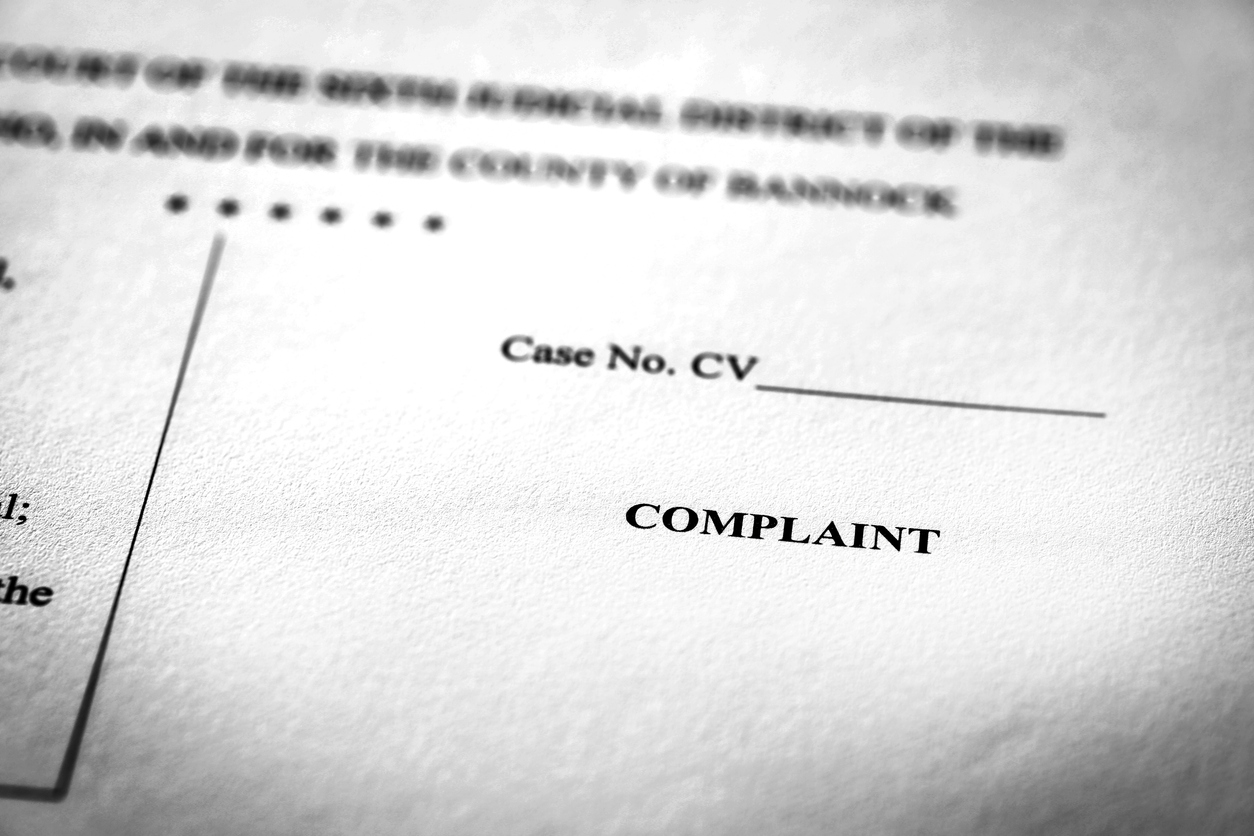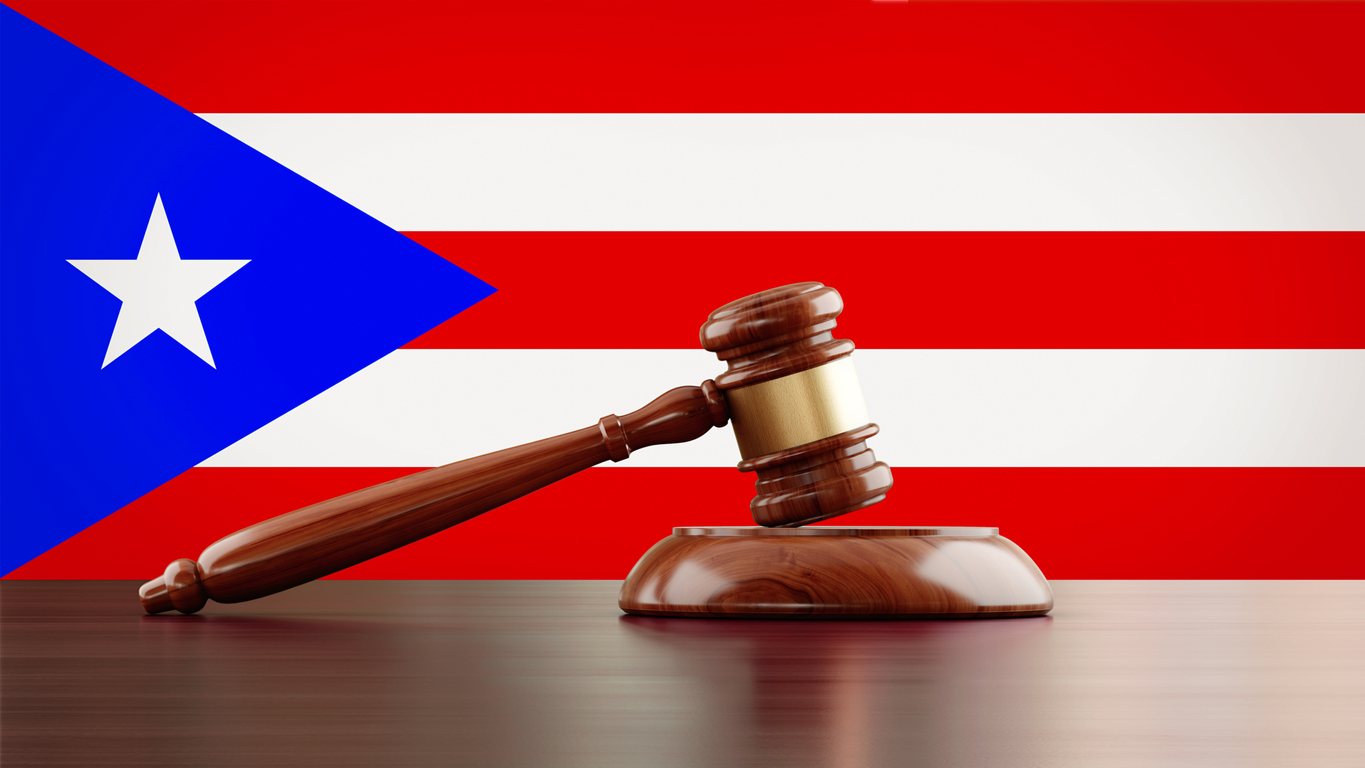As mentioned previously in my blog post, Accord & Satisfaction: Will My Insurance Claim Be Dismissed If I Deposit A payment (July 21, 2019), many policyholders in Puerto Rico that received payments deposited them without being aware of the consequences of accord and satisfaction. This has also been a common issue on many complaints filed in court and the reason many cases are being dismissed. Fortunately, The Appellate Court (Panel V) on October 24, 2019, just reversed the decision in Negron v. MAPFRE PRAICO Insurance Company, regarding Accord and Satisfaction.
Now, let’s take a look at the facts in this case. The insured had a policy with MAPFRE PRAICO Insurance Company when Hurricane Maria caused damage to his property and he submitted a claim to MAPFRE. A year after Hurricane Maria, MAPFRE issued a check for the amount of $88.81, and the insured then filed suit for breach of contract, damages and costs and fees for recklessness. MAPFRE moved for Summary Judgment due to Accord and Satisfaction. In its motion MAPFRE alleged that the doctrine of Accord and Satisfaction applied because the Appellant received and deposited a check from the insurer that included a “Cost Estimate Report.” The appellants filed an Opposition to the Summary Petition along with a sworn declaration, alleging the existence of controverted facts due to the lack of a reasonable investigation and an improper adjustment by the insurer.
The insured also claimed that MAPFRE had violated the Insurance Code by sending a letter to the insured that did not make a distinction between an initial payment and a total and final payment. The insured also alleged he did not have a complete copy of his policy at the time of the claim. The investigation made by MAPFRE was unreasonable, contrary to the Insurance Code, and did not evaluate the claimed damages and did not indicate under which provisions of the insurance code it was denying coverage. In this case, the insurers were not advised regarding their duties and claim rights nor the consequences of depositing the check.
The trial court examined the motions filed by both parties and applied the Accord and Satisfaction doctrine, granting the Summary Judgement Motion and dismissing with prejudice the appellant’s claim without considering all the other facts in controversy. However, the appellate court followed a ruling from the Supreme Court of Puerto Rico that held it is not advisable to use a summary judgment motion in cases where controversial subjective elements exist of intention, mental purposes, negligence, or when credibility is essential and is in dispute.1
The interpretation of insurance contracts is based on the totality of terms and conditions and analyzing the different clauses which each other.2 One of the most important regulations under the Insurance Code is unfair practices and fraud in insurance business,3 including but not limited to, unfair practices that relate to claims adjustment. Under Puerto Rico law it is required concurrent existence of consent, object and cause in legal business. The consent manifests by the offer of contest and the acceptance over the thing and the cause that will constitute the contract.4 But for Accord and Satisfaction to exist three elements are required:
- A claim must be unpaid or bonafide controversy must exist.
- Debtor makes a payment offer.
- Creditor accepts payment offer.
Therefore, Accord and Satisfaction will apply when the claim is unpaid or a bona fide controversy exists (both must exist).5 The supreme court has also held that it is required the 1) absence of undue oppression or advantage of the debtor;6 2) The payment offer must include declarations or acts that clearly indicate the payment offered by the debtor to the creditor is a complete, definitive, and total payment of the debt. The creditor’s acceptance is conditioned on the payoff of the claim and he has the duty to return the offered amount if not satisfied with the conditions.
In this case, MAPFRE alleged the check appellant deposited read: “Total and Final payment for the Hurricane Maria claim occurred on 09/20/ 2017.” On the back of the check it indicated “the endorsement of this check constitutes the total and definitive payment of all obligation, claim or account understood on the concept indicated in the front of the check.” MAPFRE alleged there could be no doubt the appellant knew the payment offered was total, final, and extinguished the claim. MAPFRE also argued that the appellant did not request a reconsideration as required by MAPFRE on their closing letter. Therefore, an offer and total and final acceptance had occurred.
The court of appeals determined that a real controversy existed on the damages paid by MAPFRE through the sworn declaration of the insured, stating he did not know the consequences of endorsing and depositing the check. Therefore, a real and material controversy existed regarding the consent to conclude the claim. The court of appeals also held that it constitutes an unfair practice to settle a claim for an amount less than the insured reasonably has the right to receive. Last, the court held in order for the payment not to be considered an unfair practice in claims of this nature, the insurer must provide an explanation with details of what was claimed, what was evaluated and conceded, along with the specific items paid and those excluded.
Hopefully, this decision will help claimants with similar Accord and Satisfaction issues in recovering insurance benefits owed for damages caused by Hurricane Maria.
____________________________
1 Ramos Perez v. Univision de P.R., 178 DPR 200, 219 (2010); Soto v. Hotel Caribe Hilton, 137 DPR 294 (1994).
2 Integrand Assurance v. Codeco, 185 DPR 146 (2012).
3 Articles 27.010-360 Insurance Codeo f Puerto Rico, 26 LPRA secs. 2701-40; Carpets & Rugs v. Tropical Reps, 175 DPR 615 (2009); Comisionado de Seguros v. P.R.I.A., 168 DPR 659 (2006).
4 Article 1214 Civil Code of Puerto Rico, 31 LPRA sec. 3401.
5 H.R. Elec., Inc. v. Rodriguez, 114 DPR 236 (1983).
6 H.R. Elec., Inc., v. Rodriguez, supra.



